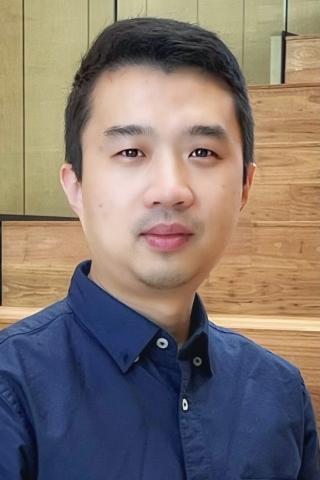Short description
The PhD project is focused on recommended design and engineering principles of totally renewable microgrids with the ambition to outperform traditional networks reliability characteristics, and identify new ways of defining reliability in the context of autonomous microgrids. The Project is in partnership with Planet Ark Power’s utilising their unique power electronics and software solution eleXsys as a core element operating autonomous microgrids of the future, as well as providing integrated Volt/VAR management, allowing for full two-way energy flow in the entire microgrid network.
#sustainability
Project description
For distributed renewable micro-grids to become a mature technology, the economics and the reliability have to be equal to or better than today’s distribution grids. The PhD project will:
- Assess the suitability of traditional grid reliability measures,
- Explore innovative reliability management and measurement approaches potentially more suitable for DER dominated micro-grids as well as
- Provide design recommendations balancing reliability and commercial viability.
As part of the PhD work, the following design factors need to be assessed, reviewed and optimised:
- Network topology
- Placement and capacity of community batteries and community renewable generation
- The number, capacity and control of individual DER
- Sequencing and control of grid forming inverters
- The number of intra and inter micro-grid connections.
In a final step, all technical parameters have to be matched with corresponding commercial aspects to conclude an optimised outcome from both, reliability and commercial side.
This PhD will be supported by an Industry Reference Group throughout the project.
The PhD is funded by a scholarship for 3 years and 3 months (with the option to apply for up to an additional 3 months) by the RACE for 2030 Collaborative Research Centre and Planet Ark Power is the Industry Partner on the project. This PhD will be completed through a PhD by publication/compilation or thesis with a minimum of three peer reviewed publications and will commence with an industry focused Rapid Review. You can find out more about RACE here.
Funding
RACE for 2030 will provide three years of funding at $38,000 per annum (tax exempt) via a student scholarship managed by Monash University. RACE will also supply up to $3,000 per annum for expenses for the candidate, for items such as a computer, publishing fees, travel or conference costs. Planet Ark Power is offering a part-time employment option in addition to the Race2030 funding, of up to 1 day a week, compensated based on the applicant’s experience and seniority level.
Eligibility
- Scholarships are available for Australian residents and citizens. Considerations can also be given to onshore international candidates, however, tuition fees still apply (or the candidates are competitive to fee scholarships). We encourage female identifying or Indigenous applications.
- Applicants should have a first-class honours or masters degree or equivalent in a related discipline, OR a combination of an upper second-class honour’s degree or equivalent in a related discipline together with a minimum of five years equivalent full-time professional work experience in a relevant field.
- Applicants must be eligible for enrolment in their chosen course at Monash University. It is recommended that students obtain relevant postgraduate information from the relevant university before pursuing a scholarship inquiry.
Applicants must be studying full time.
Contact details
For further information please contact:
Name: Hao Wang
Email: hao.wang2@monash.edu
Organisation/Department: Monash University / Data Science and AI
Application closing date
31-Aug 2021
Required knowledge
Skills and experience
In addition to the eligibility criteria, candidates should also have the following skills and/or experience:
- Degree in Electrical Engineering, Computer Science or equivalent
- Strong mathematical and analytical skills
- Knowledge of electricity network analysis and simulation with network design knowledge highly desirable
- Understanding of renewable energy technologies, such as storage and Solar PV
- Skills in programming of real-time control system would be beneficial
- Basic knowledge of project economic analysis, like NPV and IRR
- Excellent written and verbal communication skills.
During the selection process, candidates will also be assessed upon their ability to:
- Independently pursue their work
- Collaborate with others
- Have a professional approach
- Analyse and work with complex issues and
- Formulate scientific texts
